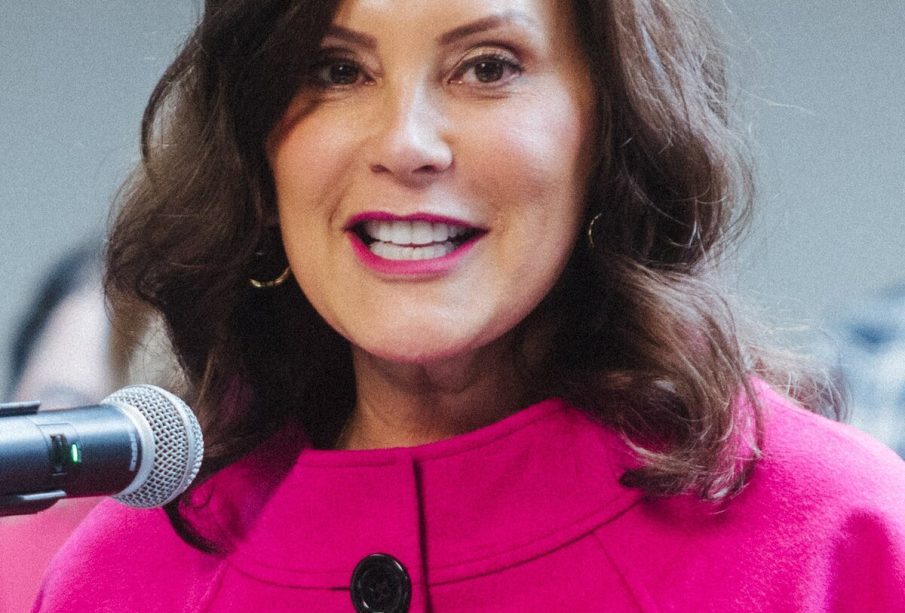Gretchen Whitmer’s Impact on Michigan: Recent Developments

Introduction
Gretchen Whitmer, the 49th Governor of Michigan, has been a pivotal figure in American politics since her election in 2018. Her leadership, particularly during the COVID-19 pandemic, has drawn both praise and criticism. As Michigan faces a multitude of challenges, understanding Whitmer’s policies and initiatives becomes increasingly relevant for residents and political observers alike.
Recent Policies and Initiatives
In the wake of the pandemic, Governor Whitmer has focused on economic recovery and public health. In 2023, her administration launched the “Build Back Stronger” initiative, aimed at revitalising Michigan’s economy. This ambitious plan includes investments in infrastructure, education, and sustainable energy, promising to create thousands of new jobs and stimulate economic growth.
Additionally, Whitmer’s commitment to addressing climate change has led to significant policy shifts. Her administration is prioritising renewable energy sources, with a target of achieving 100% clean energy by 2050. This initiative not only aims to protect the environment but also seeks to position Michigan as a leader in the green energy sector.
Public Health and Education
Whitmer’s policies extend to public health and education, areas that have been particularly scrutinised during her tenure. Following the pandemic, she has pushed for expanded access to mental health services and has sought to improve funding for public schools. Recent investments include a $1.6 billion allocation to address school infrastructure needs, ensuring safe and conducive learning environments.
Challenges Ahead
Despite her successes, Whitmer faces multiple challenges, including opposition from Republican lawmakers. As she gears up for the upcoming election, she must navigate these political tensions while continuing to advocate for her progressive agenda. Issues like crime rates, economic inequality, and infrastructure remain key talking points that her administration needs to address effectively.
Conclusion
Gretchen Whitmer’s leadership has undeniably shaped Michigan’s trajectory in recent years. With her focus on economic revitalisation, climate sustainability, and healthcare access, she remains a dynamic figure in Michigan politics. As the state progresses, her ability to balance diverse interests while implementing her vision will be crucial for Michigan’s future success. Readers can expect to see how her strategies unfold in the coming months, especially as she prepares for re-election, highlighting the significance of her governance in a rapidly changing political landscape.








